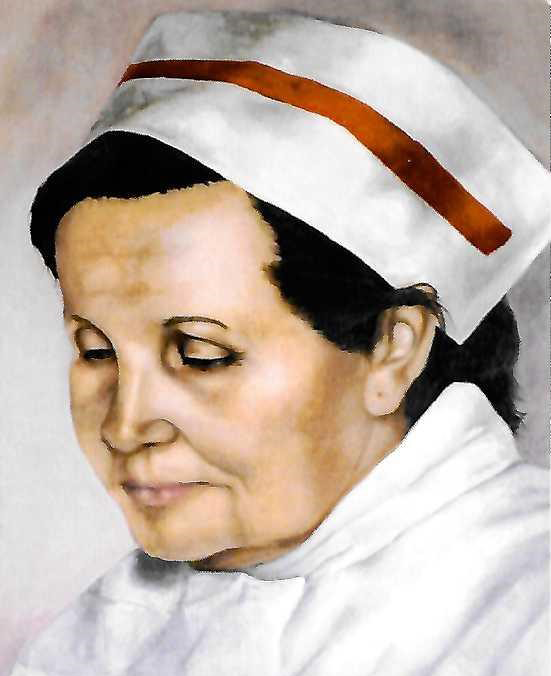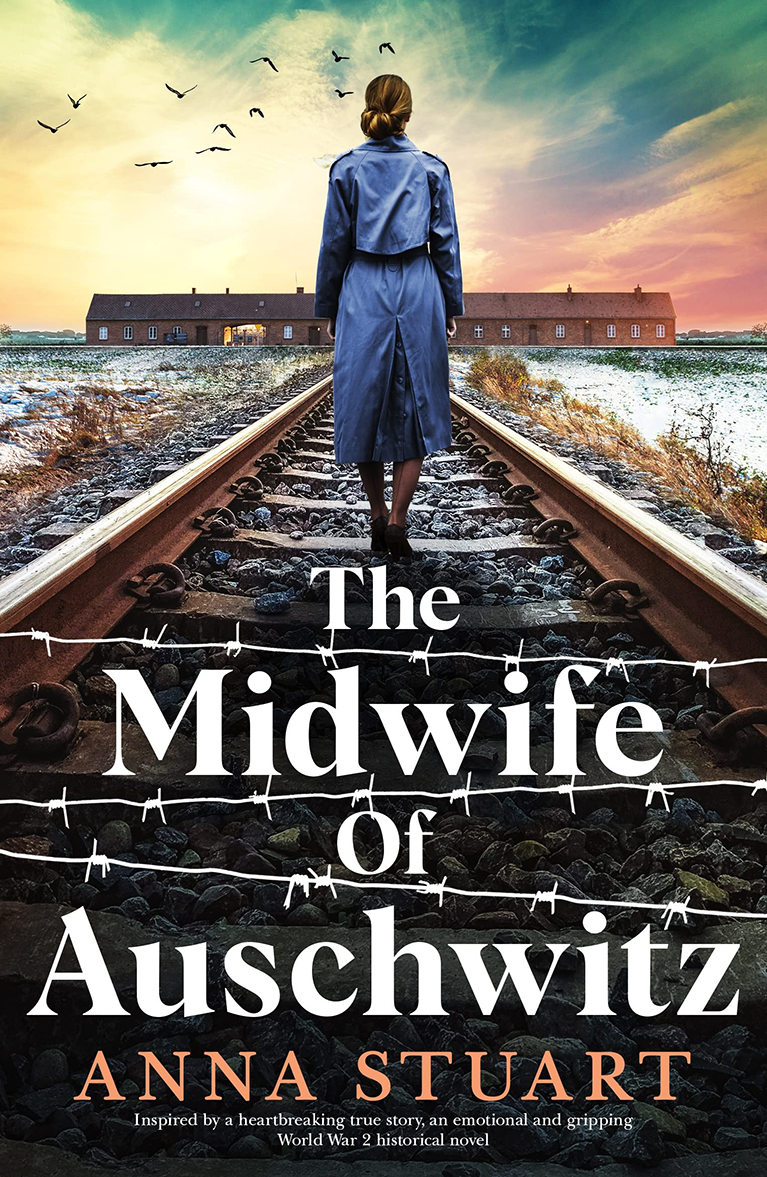Stanisława Leszczyńska
Midwife In 1896, Stanisława Leszczyńska was born in Lodz, Poland. At 20 she married and gave birth to three boys and a girl. In 1920 the family was located in Warsaw, where she enrolled in midwife college. She completed her studies and received the Alumnae Achievement Award. After graduation, the family moved back to Lodz.
In 1896, Stanisława Leszczyńska was born in Lodz, Poland. At 20 she married and gave birth to three boys and a girl. In 1920 the family was located in Warsaw, where she enrolled in midwife college. She completed her studies and received the Alumnae Achievement Award. After graduation, the family moved back to Lodz.
When Poland was invaded by Nazi Germany, the family helped deliver food and false documents to Jewish captives in the ghetto. Unfortunately, the family was caught. Two sons were sent to labor camps, her husband and one son escaped, and Stanislawa and her daughter (a med student) were sent to Auschwitz, where she worked as a midwife until the camp was liberated.
 Throughout her captivity, she disobeyed orders to murder newborns at the threat of her life and her daughter’s. Because of her skills in assessment and documentation, Dr. Mengele kept Stanislawa and her daughter alive. In addition to midwife duties, she was required to write reports about birth problems and childhood diseases. She sited that Mengele would ask her to document reports about children with fevers and cases of death; she would assess patients as having the flu rather than typhoid fever to keep them from being experimented on.
Throughout her captivity, she disobeyed orders to murder newborns at the threat of her life and her daughter’s. Because of her skills in assessment and documentation, Dr. Mengele kept Stanislawa and her daughter alive. In addition to midwife duties, she was required to write reports about birth problems and childhood diseases. She sited that Mengele would ask her to document reports about children with fevers and cases of death; she would assess patients as having the flu rather than typhoid fever to keep them from being experimented on.
Only an estimated 30 babies residing in the camp survived to the camp liberation in 1945. In 1970, Stanislawa had the opportunity to meet with surviving women prisoners of Auschwitz and their grown children at a historic celebration in Warsaw. Stanlislava died four years later.
Today we are privileged to give the Nurses With Global Impact Award honoring Stanisława Leszczyńska to one of her great-granddaughters: Natalia Grodzcka.
– Deb
In 1896, Stanisława Leszczyńska was born in Lodz, Poland. At 20 she married and gave birth to three boys and a girl. In 1920 the family was located in Warsaw, where she enrolled in midwife college. She completed her studies and received the Alumnae Achievement Award. After graduation, the family moved back to Lodz.

When Poland was invaded by Nazi Germany, the family helped deliver food and false documents to Jewish captives in the ghetto. Unfortunately, the family was caught. Two sons were sent to labor camps, her husband and one son escaped, and Stanislawa and her daughter (a med student) were sent to Auschwitz, where she worked as a midwife until the camp was liberated.

Throughout her captivity, she disobeyed orders to murder newborns at the threat of her life and her daughter’s. Because of her skills in assessment and documentation, Dr. Mengele kept Stanislawa and her daughter alive. In addition to midwife duties, she was required to write reports about birth problems and childhood diseases. She sited that Mengele would ask her to document reports about children with fevers and cases of death; she would assess patients as having the flu rather than typhoid fever to keep them from being experimented on.
Only an estimated 30 babies residing in the camp survived to the camp liberation in 1945. In 1970, Stanislawa had the opportunity to meet with surviving women prisoners of Auschwitz and their grown children at a historic celebration in Warsaw. Stanlislava died four years later.
Today we are privileged to give the Nurses With Global Impact Award honoring Stanisława Leszczyńska to one of her great-granddaughters: Natalia Grodzcka.
– Deb
